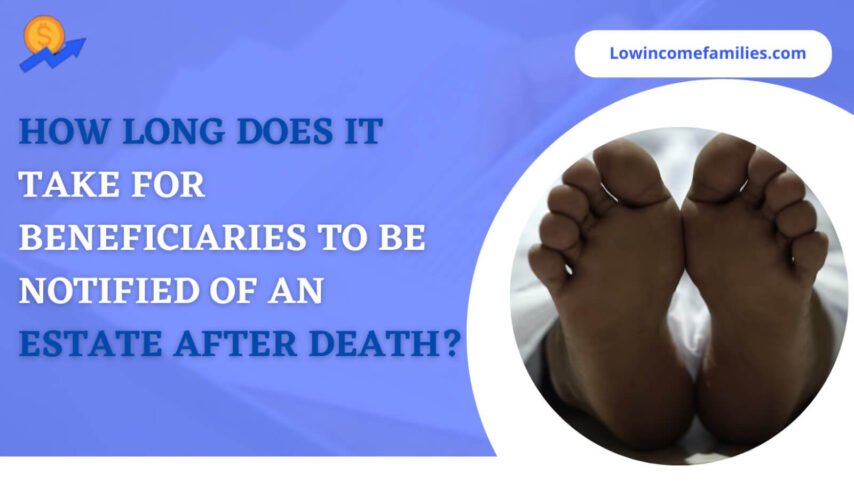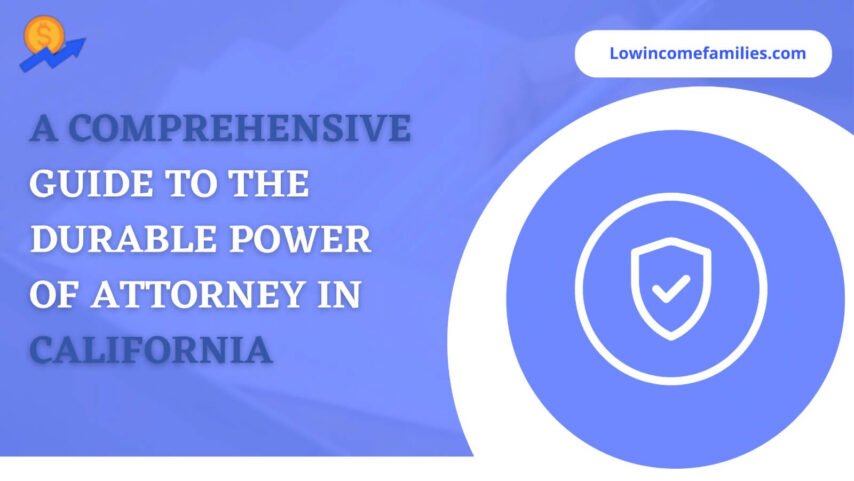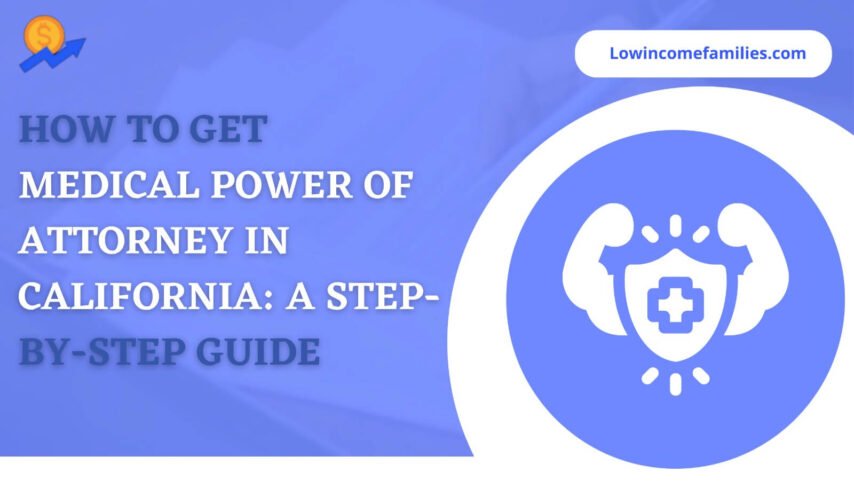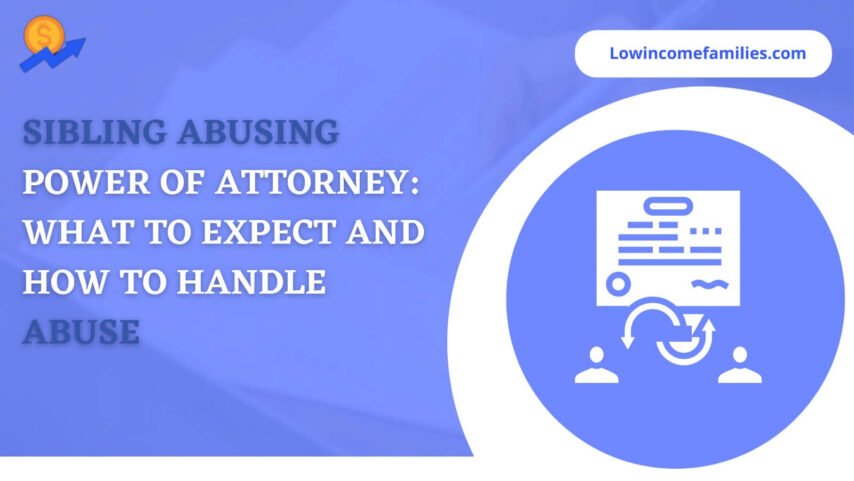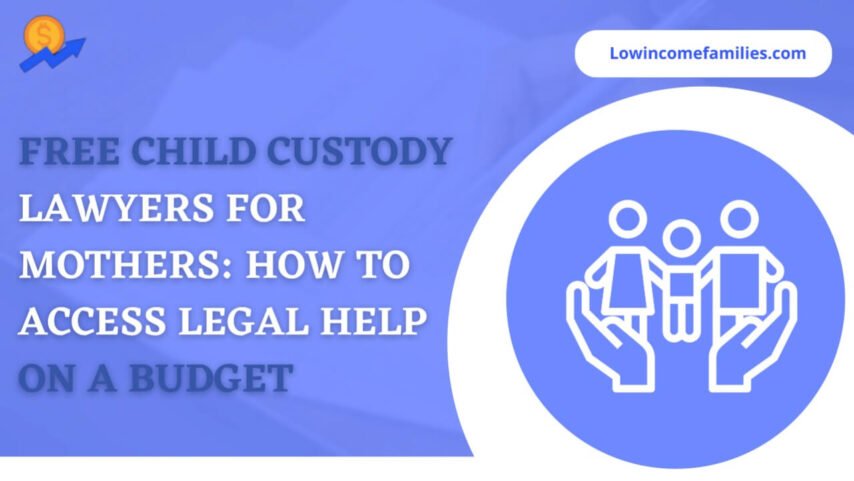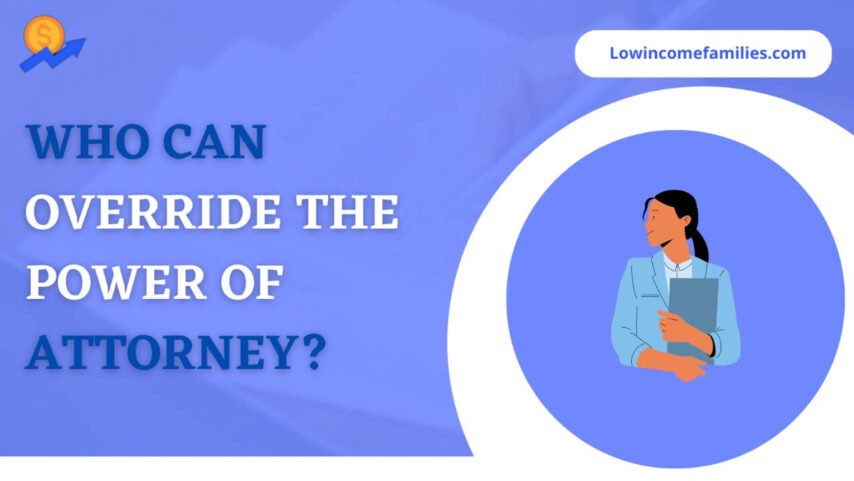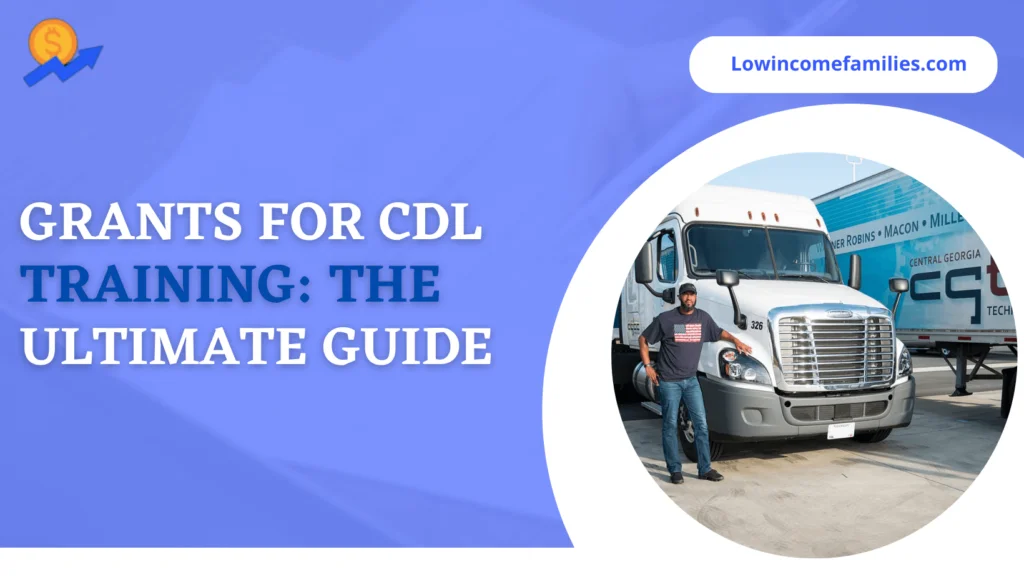Many of us don’t know, How Long Does It Take For Beneficiaries To Be Notified Of An Estate After Death? That’s why we cover this topic here in detail. Death is inevitable, yet often met with surprise and shock. What comes after death is an array of complicated legal matters that must be dealt with by the deceased’s family members, friends, and even strangers.
One of these matters is how long it takes to notify beneficiaries after a person has passed away. This article answers questions about how long it will take, who will handle the notification process, and more.
Keep reading to find out what happens when loved ones pass away and their estate needs to be distributed.
How Long Does It Take For Beneficiaries To Be Notified?
In most cases, beneficiaries will be notified within a few weeks to three months after the estate owner’s death. However, it is not uncommon for the process to take longer, especially if there are disputed claims or other complications.
The death of a loved one is always a difficult time. After the initial shock and sadness have passed, there are often many practical matters to deal with. One of these is the distribution of the deceased person’s estate.
This can be complex and time-consuming, particularly if multiple beneficiaries are involved.
One question often asked is how long beneficiaries must wait before they are notified of an estate after death.
The answer to this question depends on several factors, including the estate’s size and complexity, the deceased’s wishes, and any legal issues that may arise.
If you are a beneficiary of an estate, it is important to be patient and understand that the notification process can take time. If you have any questions or concerns, you should speak to the Executor or administrator of the estate for more information.
Factors That Affect How Long It Takes To Notify Beneficiaries
A few key factors affect how long it takes for beneficiaries to be notified of an estate after death. The first is the size and complexity of the estate. If there are many assets and debts, it can take longer to settle the estate and notify beneficiaries.
Another factor is whether the deceased had a will or not. If there is a will, it must be authenticated and reviewed by the court before distribution to beneficiaries can begin.
Finally, the number of beneficiaries can also impact how long it takes to notify everyone of their inheritance. If there are many heirs, tracking down everyone and delivering the news may take longer.
Sibling Abusing Power Of Attorney: What To Expect And How To Handle Abuse?
Required Documents Needed For Verification
To notify the beneficiaries of an estate, the Executor will need to gather a few required documents. These include :-
- A copy of the death certificate
- A list of all assets and debts belonging to the estate
- The Will, if there is one
- Any trusts associated with the estate
- Bank account information for the estate
Once the Executor has gathered these documents, they can notify the beneficiaries. This usually involves sending a formal notice to each beneficiary, letting them know they are entitled to a share of the estate. The Executor will also provide instructions on what needs to be done to claim their share.
The Process Of Notifying Beneficiaries
Once the Executor has gathered all of the necessary paperwork and information, they will begin notifying the estate’s beneficiaries. This is typically done by sending a formal notice to each beneficiary by mail or in person.
The message will include information on how to claim their inheritance and any deadlines that need to be met. If there are multiple beneficiaries, it is important to ensure that everyone is notified simultaneously to avoid any confusion or conflict.
The Executor may also need to provide additional information or documents to some beneficiaries, depending on the complexity of the estate.
Once the beneficiaries have been properly notified, the Executor can begin distributing the estate assets according to the Will or Trust agreement. This process can take some time, so it is important to be patient and understanding during this period.
Can You Look At Someone’s Will Online?
Yes, you can find someone’s will online. If you want to look at someone’s Will online, you can usually find it through a county records search. However, it may take some time for the Will to be filed and posted online.
In most cases, beneficiaries are notified of an estate after death, but it can take several weeks or months to complete. Another option is to contact an attorney or Executor of the estate. They can provide you with a copy of the Will.
If you want to know if someone has left a Will, you can contact the probate court in the county where they resided. The court will be able to tell you whether or not there is a Will on file. However, remember that Wills are public records, so anyone can look at them.
Who Can Override A Power Of Attorney?
How Long Does The Estate Have To Distribute Assets?
In the U.S., there is no set time frame for distributing assets from an estate after death. However, beneficiaries must be notified of their inheritance within a reasonable time frame.
The Executor or administrator of the estate is typically responsible for informing beneficiaries and distributing assets promptly. If you are a beneficiary of an estate, you may wonder how long you will have to wait to receive your inheritance.
Unfortunately, there is no clear answer, as it depends on the size and complexity of the estate, as well as the efficiency of the Executor or administrator.
However, beneficiaries should generally be notified of their inheritance within three months of the decedent’s death. Once reported, the distribution of assets usually begins soon afterward and can take anywhere from a few weeks to several months to complete.
So, while there is no hard and fast rule for how long it takes to distribute assets from an estate after death, beneficiaries can typically expect to be notified of their inheritance reasonably soon after the decedent’s passing.
The Durable Power of Attorney in California
Will I Be Notified If I Am In A Will?
Yes, If you are named as a beneficiary in a Will, you will be notified of the estate after the death of the person who created the Will. State probate laws require that any beneficiaries included in a Will are notified of the estate and given a chance to contest the Will if they choose.

The time frame for notification varies from state to state, but it is typically within 30 days of the death. If someone is leaving you an inheritance, they may choose to notify you in advance or not.
If the Will-maker does decide to let you know before their death, the estate’s Executor will contact you when the time comes.
Possible Financial Implications Of A Late Distribution
One of the possible financial implications of a late distribution is that the beneficiaries may have to pay taxes on the inheritance. If the estate is not distributed promptly, the heirs may also be responsible for paying interest on the legacy.
Another potential financial implication of a late distribution is that the beneficiaries may have to pay legal fees if they have to hire an attorney to help them get their inheritance.
Finally, if the distribution is delayed for too long, it could result in an estate being declared insolvent. Depending on the nature of the estate and its assets, this could lead to losses for the beneficiaries since their inherited assets may be worth less than what they originally expected.
Conclusion:-
The amount of time it takes for beneficiaries to be notified about an estate after a death varies depending on the complexity and size of the estate. Generally, the process can sometimes take three to six months or longer.
If you are a beneficiary or Executor involved in an estate settlement, ensuring that all necessary paperwork is taken care of will speed up the notification process so you can receive your inheritance quickly and safely.
Frequently Asked Questions
How long after someone does you get the inheritance?
The answer can vary depending on the size and complexity of the estate. However, in most cases, notification will occur within three months after the death.
Do executors have to inform beneficiaries?
If you are the Executor or administrator of an estate, you are responsible for notifying the estate’s beneficiaries. It would help if you informed them as soon as possible after the death so that they can begin to take care of any business or financial matters that need to be handled.
How do you find out if you are a beneficiary?
The best way to notify beneficiaries is by sending a certified letter. This will provide them with documentation that they have been officially told of the estate. You should include a copy of the death certificate with the letter.
Who claims the death benefit?
If you need help with how to go about notification, you can always consult with an attorney specializing in probate law. They will be able to guide you through the process and ensure that everything is done correctly.
Who are automatic beneficiaries?
Automatic beneficiaries are any named individuals or organizations designated as inheritors in legal documents such as a will or trust document.
What are the 3 types of beneficiaries?
The three types of beneficiaries are primary, secondary, and contingent beneficiaries. Primary beneficiaries are typically the deceased’s immediate family members. Secondary beneficiaries are people chosen by the dead to receive a portion of the estate if the primary beneficiary dies before accepting it. Contingent beneficiaries become entitled to part of the estate if all listed primary and secondary beneficiaries have already passed.
